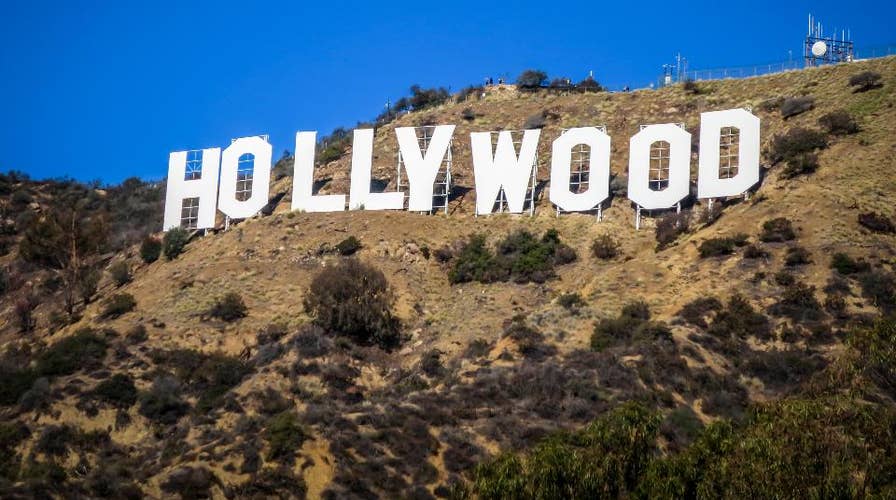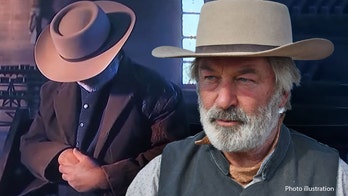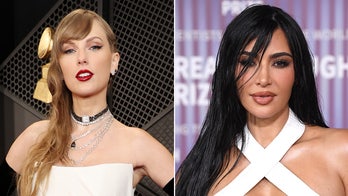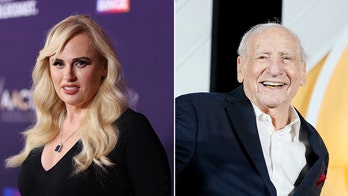Disney and 21st Century Fox acquisition: How it will shake up Hollywood
The state of Hollywood is shaking up; Disney announced plans to acquire parts of 21st Century Fox. Here’s a look at what that means for the consumer and impact on entertainment streaming services like Netflix and Hulu.
Disney needs all the superheroes it can get to withstand Silicon Valley’s Hollywood invasion. The deal with Fox illustrates how even giant media companies feel the need to bulk up and reinvent their businesses to confront such online competitors as Netflix, Amazon and others.
Disney CEO Bob Iger said today’s announced $52.4 billion all-stock deal will advance his plans for a streaming service to rival Netflix and deepen the studio’s direct connection with consumers. Through its acquisition of 21st Century Fox film and television assets, Disney stands to gain broadly popular entertainment franchises, such as Avatar and X-Men, to augment the family-friendly streaming service it plans to launch in 2019 with Disney, Marvel and Lucasfilm movies and TV shows.
Fox’s edgier, more violent TV shows — think FX’s American Horror Story —would be available through Hulu, which Disney would gain a majority stake in, but continue to operate as a separate streaming service offering more adult-oriented entertainment fare.
“This acquisition reflects a changing media landscape increasingly defined by transforming technology and evolving consumer expectations,” Iger said in a call this morning with analysts.
Silicon Valley companies have been doing their disruptive dance all over Hollywood, bringing about fundamental changes in how, when and where consumers get their film and TV fixes — and along the way, fracturing decades old business models.
Relative newcomers, like Amazon and Netflix, are spending billions of dollars on original content to capture and retain subscribers, in the process driving up the cost of programming for traditional players like networks. Cash-flush Apple reportedly is poised to spend $1 billion to procure or produce content next year, signaling its plans to make a Hollywood splash.
Meanwhile, Google and Facebook have tightened their stranglehold on the digital ad market, raking in a combined 63% of spending this year.
One prominent digital media executive worries that in the land of tech giants, media companies could disappear altogether, absorbed by, say, a larger telecommunications company that views content as a lure to attract subscribers or a social network looking to increase user engagement.
All of these changes provide context for Disney’s Fox deal, and explain why a savvy media mogul like Rupert Murdoch, who built one of the largest entertainment conglomerates in the world, would contemplate selling off big chunks.
“The world is radically transformed in the media and entertainment business, and Disney has not gone all in, recognizing the new realities,” said Peter Csathy, chairman of the CreaTV media advisory. “Its a Netflix-dominated world and the gorillas are entering this space.”
That existential threat was hard to miss, as cord-cutting and falling ratings battered Disney’s television business.
This summer, Iger pronounced a new emphasis on streaming services, announcing Disney would spend $1.58 billion to gain a majority ownership of BAMTech, a live streaming platform. This technology will power Iger’s ambitions to capitalize on the galloping popularity of streaming services like Netflix, which now boasts 109 million subscribers, with an ESPN-branded sports service, launching early next year, and a family entertainment offering, packed with movies and television shows, planned for 2019.
Iger talked about the importance of deepening Disney’s direct relationships with consumers as an important element in the acquisition.
“Were excited about this extraordinary opportunity to significantly increase our portfolio of well-loved franchises and branded content to greatly enhance our growing direct-to-consumer offerings,” Iger said. “The deal will also substantially expand our international reach, allowing us to offer world-class storytelling and innovative distribution platforms to more consumers in key markets around the world.
In a conference call with analysts, Iger went into more detail about the digital plans. “Should the multichannel ecosystem get to the point where it’s not as viable as we need it to be, we’d be well-positioned to, in effect, flip a switch and distribute those programs direct to the consumer through the platforms we’ve created.”
Hulu also offers direct-to-consumer benefits, Iger added. “Owning a third of it was great,” he said, but having majority control will enable Disney to build it into “an even more viable competitor.” The post-merger management structure of Hulu will be “a little more clear, a little more efficient, a little more effective,” Iger said.
The Burbank entertainment giant may be the lone Hollywood studios with enough brand cachet to make such a direct-to-consumer proposition work, thanks to thestrength of its roster of well-known, family-friendly entertainment properties.
Fox’s popular film and TV franchises – Avatar, X-Men orIce Age— would strengthen the appeal of a Disney-branded streaming service. And perhaps equally important, it would keep such popular content off Netflix’s competing service, notes veteran media analyst Michael Nathanson.
Even though Fox, FX and FXX shows account for a small percentage of Netflix’s overall catalog, one Parrot Analytics analysis revealed that demand for these programs in November was twice as high as was typical for a Netflix show.
“Disney has already announced it will withhold some of its most prized possessions from Netflix. That’s a powerful thing,” said Csathy. “So if it canbring in X-men and Avatar —and also keep those away from Netflix — thats a potent punch.”
Gaining a controlling stake in Hulu would give Disney more control over its future, and further the studio’s ambitions to deliver content to consumers around the world whenever and however they like. On a call with analysts this morning, Iger said it would be “premature to speculate” about future investment in original content on Hulu, but he noted the enhanced IP portfolio is expected to drive it forward.
Similarly, Fox’s regional sports networks would seemingly bolster an ESPN-branded streaming service with more live games available on demand, observed another digital media executive.
Brian Wieser of Pivotal Research told Deadline that the array of digital offerings the combined company will bring to market — with Hulu, overseas services DisneyLife and Sky TV’s platform, plus the planned Disney direct-to-consumer streaming service — is an advantage. “The fact that theyre trying so many approaches is a good thing,” Wieser said. “Itgives them more kicks at the can.”
Not every media analyst is convinced the Disney-Fox deal is leaning into the digital future. BTIG’s Richard Greenfield sees the proposed roll-up of popular entertainment and sports networks as giving Disney added leverage in talks with cable, satellite and telecommunications providers.
“With Disney just beginning to enter a new round of affiliate negotiations, we would expect affiliate fees to rise faster than they would without the Fox assets,” Greenfield wrote. “Higher programming costs and forced carriage of more networks are likely to lead to lower margins and/or greater video subscriber losses at MVPDs that try to pass those costs along to consumers.”
'The Simpsons' Predicted Disney Would Buy Fox 19 Years Ago
Disney-Fox Deal: Murdochs On 'New Fox' Strategy And "The Next Great Leg Of Our Journey"
Netflix Prepping Comedy Series From 'Awkward' Creator Lauren Iungerich







